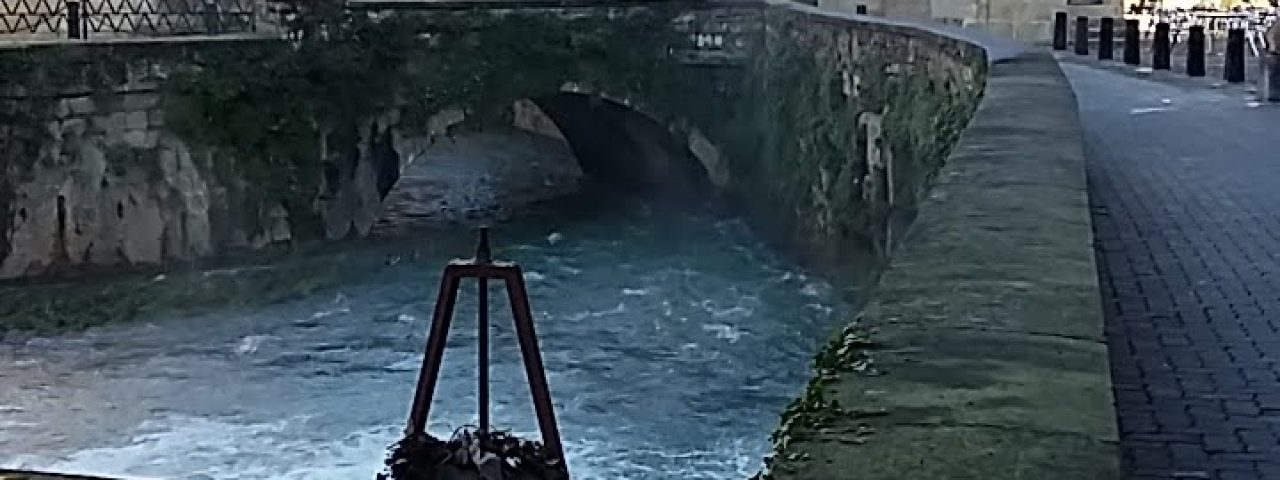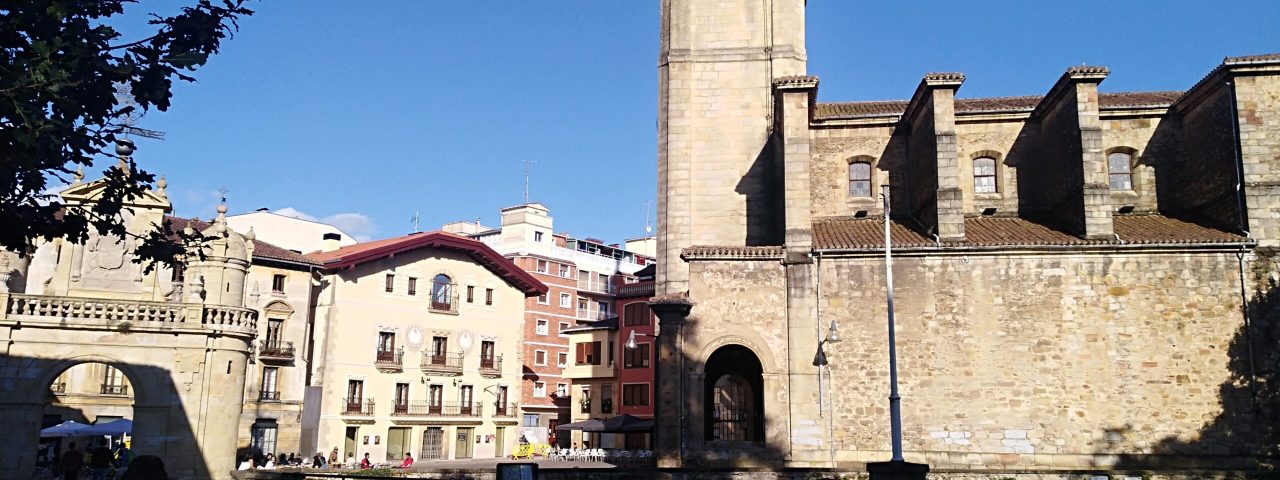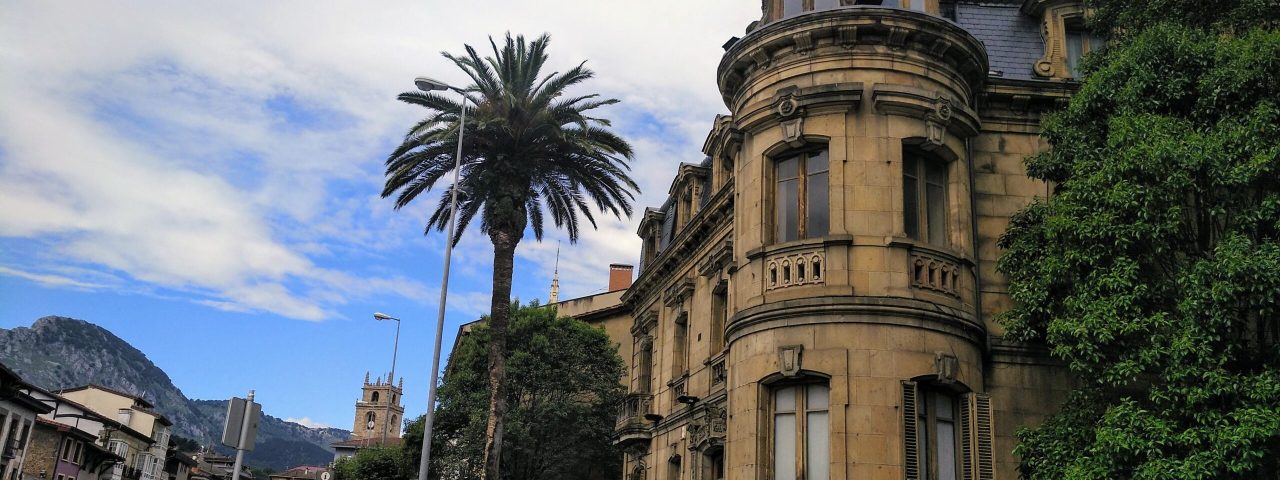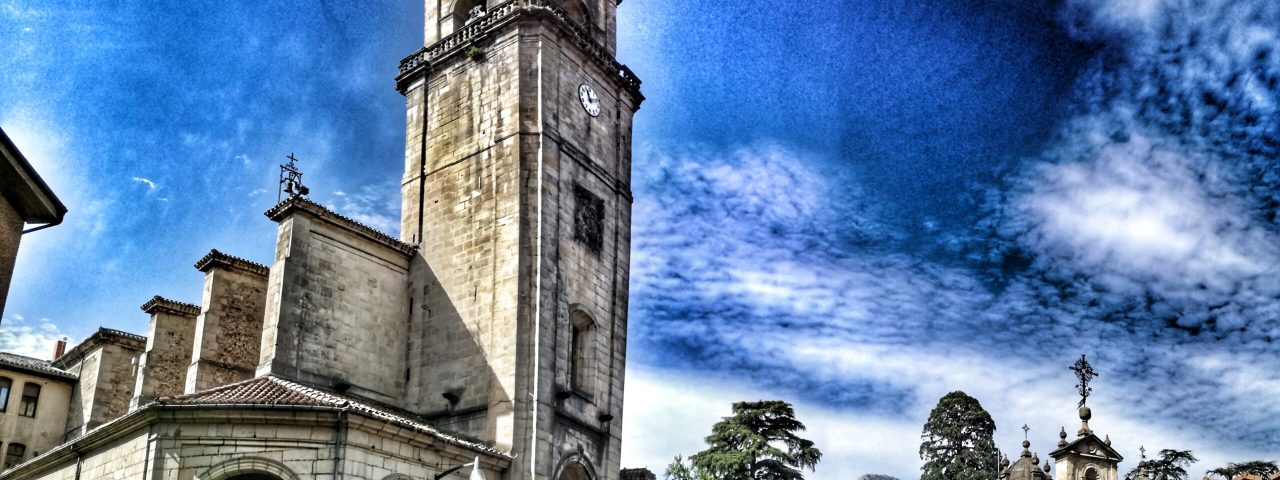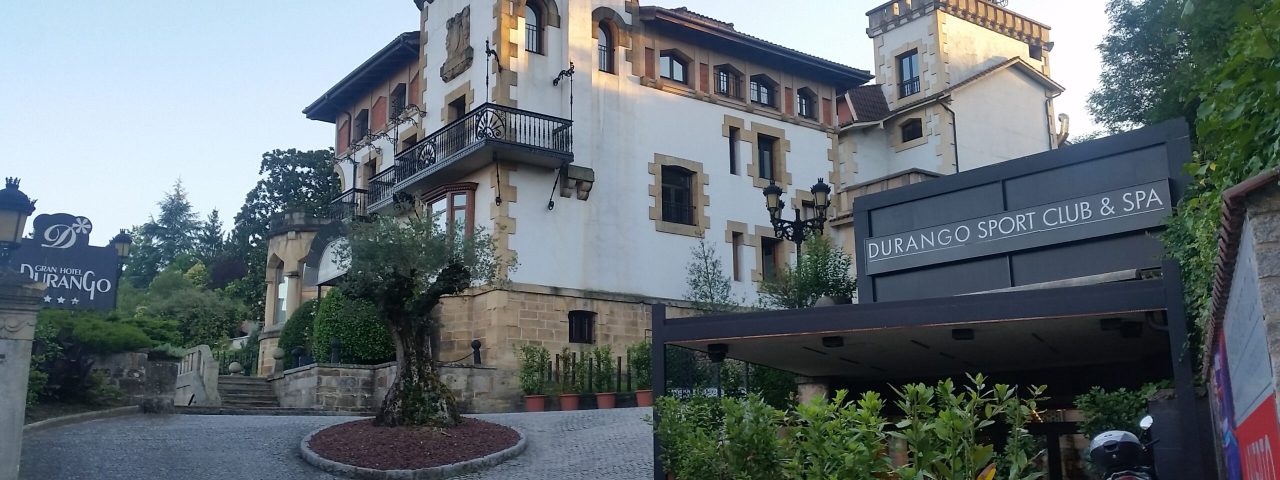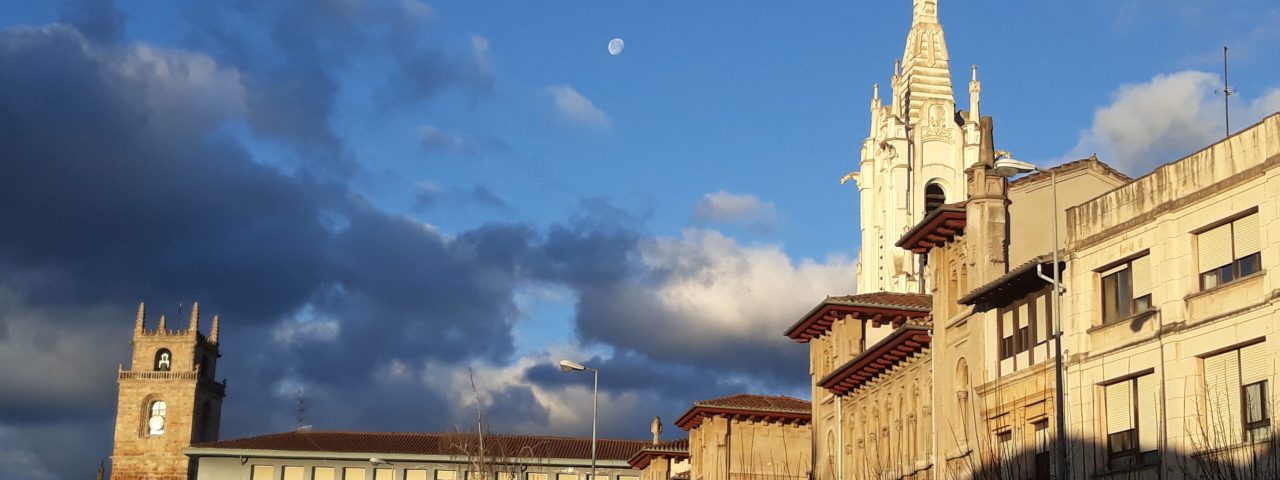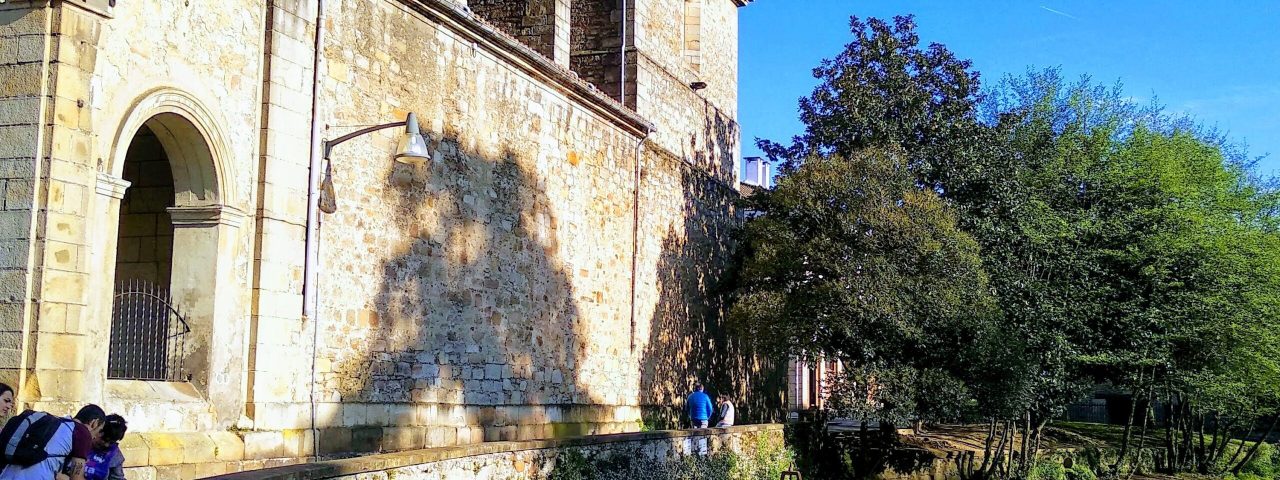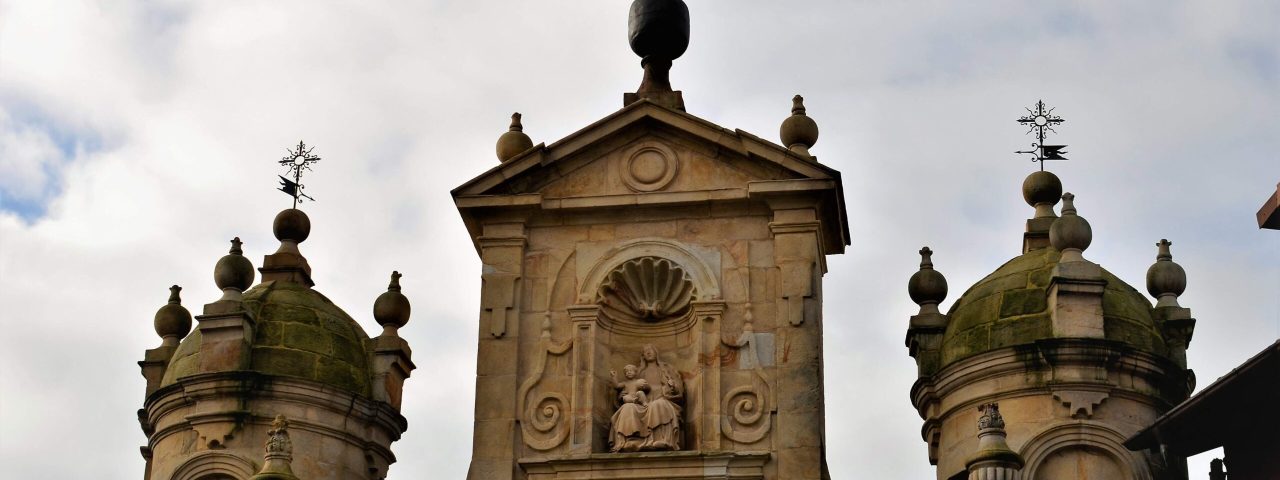Durango has a long and storied history, with roots tracing back to the early medieval period. Originally founded as a commercial hub, Durango grew in significance during the Middle Ages, benefiting from its strategic position between the inland areas of Spain and the coast. The town was an important trading center and became part of the Kingdom of Castile in the 13th century. The city also played a crucial role during the Spanish Civil War, with several historical sites serving as reminders of the conflict.
Culturally, Durango is steeped in Basque traditions, from its language (Euskara) to its unique festivals and customs. One of the most famous events in Durango is the Durangoko Azoka, a cultural fair dedicated to Basque literature, music, and art, which draws visitors from across the Basque Country and beyond every December. Additionally, traditional Basque sports, such as pelota and stone-lifting, can often be seen during local festivals.
Durango also has a strong musical tradition, particularly in Basque folk music. The city’s cultural life is rich with concerts, dance performances, and festivals that celebrate its distinct identity. Visitors can explore Durango’s historical landmarks, such as the Church of Santa Ana and the Kurutziaga Cross, which reflects the region’s deep religious and cultural heritage.
